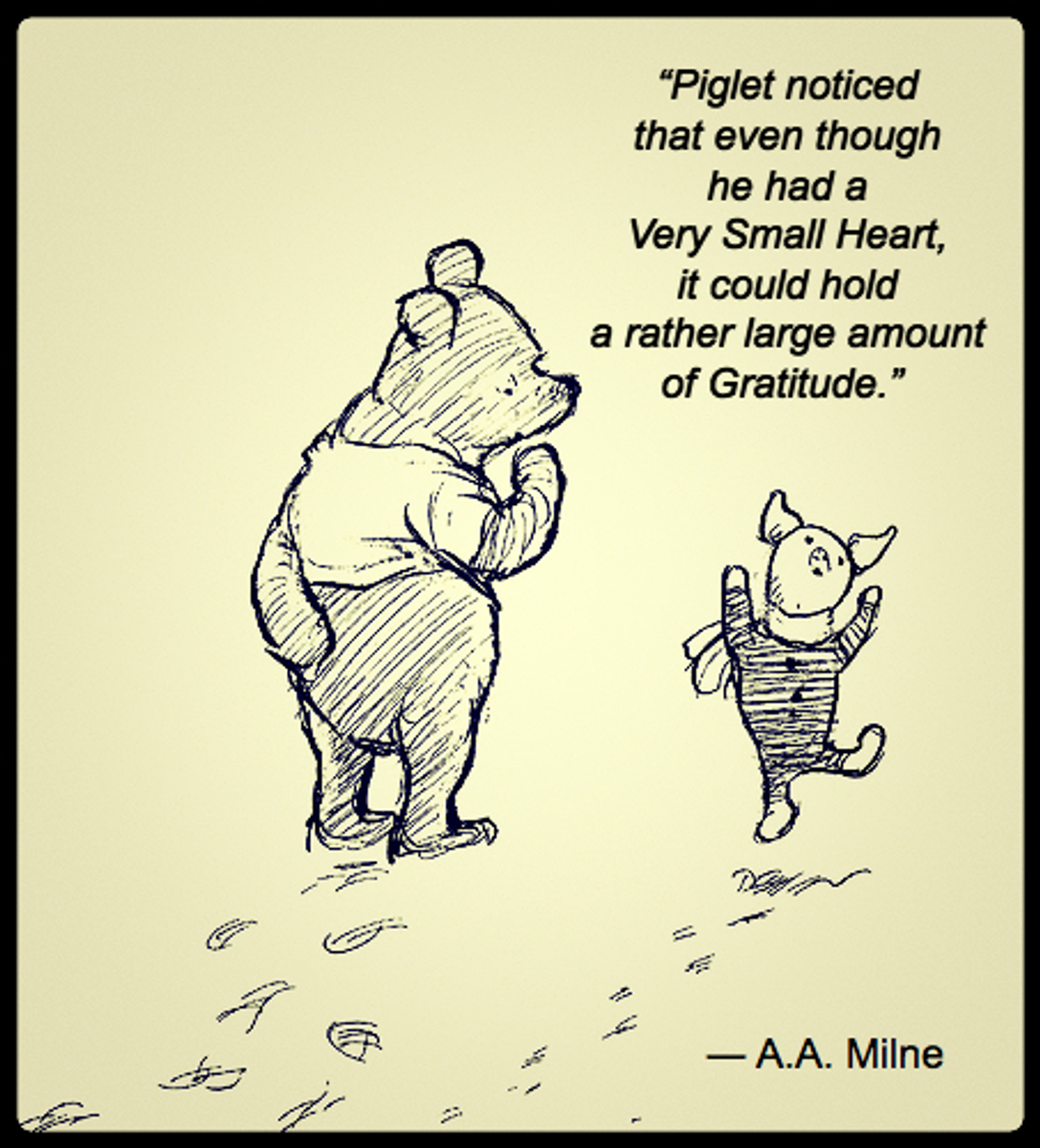Assistant Principal - Pastoral Care

When Times are Tough, Think ... Gratitude?
Following a less than successful season in 2010, then Manly coach Des Hasler employed a sports motivator, John Novak, to help enhance his player’s performance. Novak was influenced by the positive psychology movement and spent the season building the club's capacity to think positively in any situation: “words, thoughts and actions always positive. No exceptions. Every day in every way. 24/7 on!” became their mantra. Hasler embraced the concept because he believed that every game is fraught with challenges: “It’s often about who responds to setbacks and adversity the best” that ultimately determines who is successful. He also realised that such a mindset would help his players away from the game and support them to grow as better people. By the end of 2011 Manly had won the premiership defeating the Warriors 24 to 10 and thus solidifying the idea that mental preparation is just as important as physical preparation when it comes to performance.
The positive psychology movement has been largely driven by the work of psychologist Martin Seligman. Seligman was concerned that psychology was often treating the symptoms of the sick and paying little attention to what made people fulfilled and content and therefore how these protective factors could be emphasised, taught and strengthened before illness set it.
One of the significant protective factors Seligman highlights is encouraging a disposition of gratitude in our lives. Another writer, Dan Baker, supports the benefits of focusing on things we are grateful for or appreciative of and explains why:
“During active appreciation,” Baker writes, “the threatening messages from your amygdala [fear center of the brain] and the anxious instincts of your brainstem are cut off, suddenly and surely, from access to your brain’s neocortex, where they can fester, replicate themselves, and turn your stream of thoughts into a cold river of dread. It is a fact of neurology that the brain cannot be in a state of appreciation and a state of fear at the same time. The two states may alternate, but are mutually exclusive.”
So during these challenging times, whilst it seems counter-intuitive, I urge everyone for their own sense of wellbeing, to think regularly about what you feel grateful for in your life, no matter how small. Below is an edited extract of an article that we will use with students in their Be Better lesson on ‘Gratitude is Happiness Doubled’. The article outlines how by focusing on things we feel grateful for, we can help ourselves feel better, even during the toughest of times.
Gratitude allows us to celebrate the present. It magnifies positive emotions. Research on emotion shows that positive emotions wear off quickly. Our emotional systems like newness. They like novelty. They like change. We adapt to positive life circumstances so that before too long, the new car, the new spouse, the new house—they don’t feel so new and exciting anymore.
But gratitude makes us appreciate the value of something, and when we appreciate the value of something, we extract more benefits from it; we’re less likely to take it for granted.
Gratitude blocks toxic, negative emotions, such as envy, resentment, regret—emotions that can destroy our happiness. There’s even recent evidence, including a 2008 study by psychologist Alex Wood in the Journal of Research in Personality, showing that gratitude can reduce the frequency and duration of episodes of depression.
This makes sense: you cannot feel envious and grateful at the same time. They’re incompatible feelings. If you’re grateful, you can’t resent someone for having something that you don’t. Those are very different ways of relating to the world, and sure enough, research suggests that people who have high levels of gratitude have low levels of resentment and envy.
Grateful people are more stress resistant. There’s a number of studies showing that in the face of serious trauma, adversity, and suffering, if people have a grateful disposition, they’ll recover more quickly. Gratitude gives people a perspective from which they can interpret negative life events and help them guard against post-traumatic stress and lasting anxiety.
Grateful people have a higher sense of self-worth. This may be because when you’re grateful, you have the sense that someone else is looking out for you—someone else has provided for your well-being, or you notice a network of relationships, past and present, of people who are responsible for helping you get to where you are right now.
Once you start to recognise the contributions that other people have made to your life - once you realise that other people have seen the value in you - you can transform the way you see yourself.
Challenges to gratitude
Just because gratitude is good doesn’t mean it’s always easy. Practicing gratitude can be at odds with some deeply ingrained psychological tendencies.
One is the “self-serving bias.” That means that when good things happen to us, we say it’s because of something we did, but when bad things happen, we blame other people or circumstances.
Gratitude really goes against the self-serving bias because when we’re grateful, we give credit to other people for our success. We accomplished some of it ourselves, yes, but we widen our range of attribution to also say, “Well, my parents gave me this opportunity.” Or, “I had teachers. I had mentors. I had siblings, peers—other people assisted me along the way.” That’s very different from a self-serving bias.
Gratitude also goes against our need to feel in control of our environment. Sometimes with gratitude you just have to accept life as it is and be grateful for what you have.
Finally, gratitude contradicts the “just-world” hypothesis, which says that we get what we deserve in life. Good things happen to good people, bad things happen to bad people. But it doesn’t always work out that way, does it? Bad things happen to good people and vice versa.
With gratitude comes the realisation that we get more than we deserve.
This goes against a message we get a lot in our contemporary culture: that we deserve the good fortune that comes our way, that we’re entitled to it. If you deserve everything, if you’re entitled to everything, it makes it a lot harder to be grateful for anything.
So during this major disruption brought on by COVID, where we can’t help but think of all the things we are missing out on, or not gaining access to or things we want to be doing, it may help if we sit and think of the things we feel grateful for in life. Melody Beattie’s quote below may express best why when times are tough we should think of what we are grateful for in our lives:
“Gratitude turns what we have into enough, and more. It turns denial into acceptance, chaos into order, confusion into clarity...it makes sense of our past, brings peace for today, and creates a vision for tomorrow.”
Mr Mick Larkin - Assistant Principal - Pastoral

